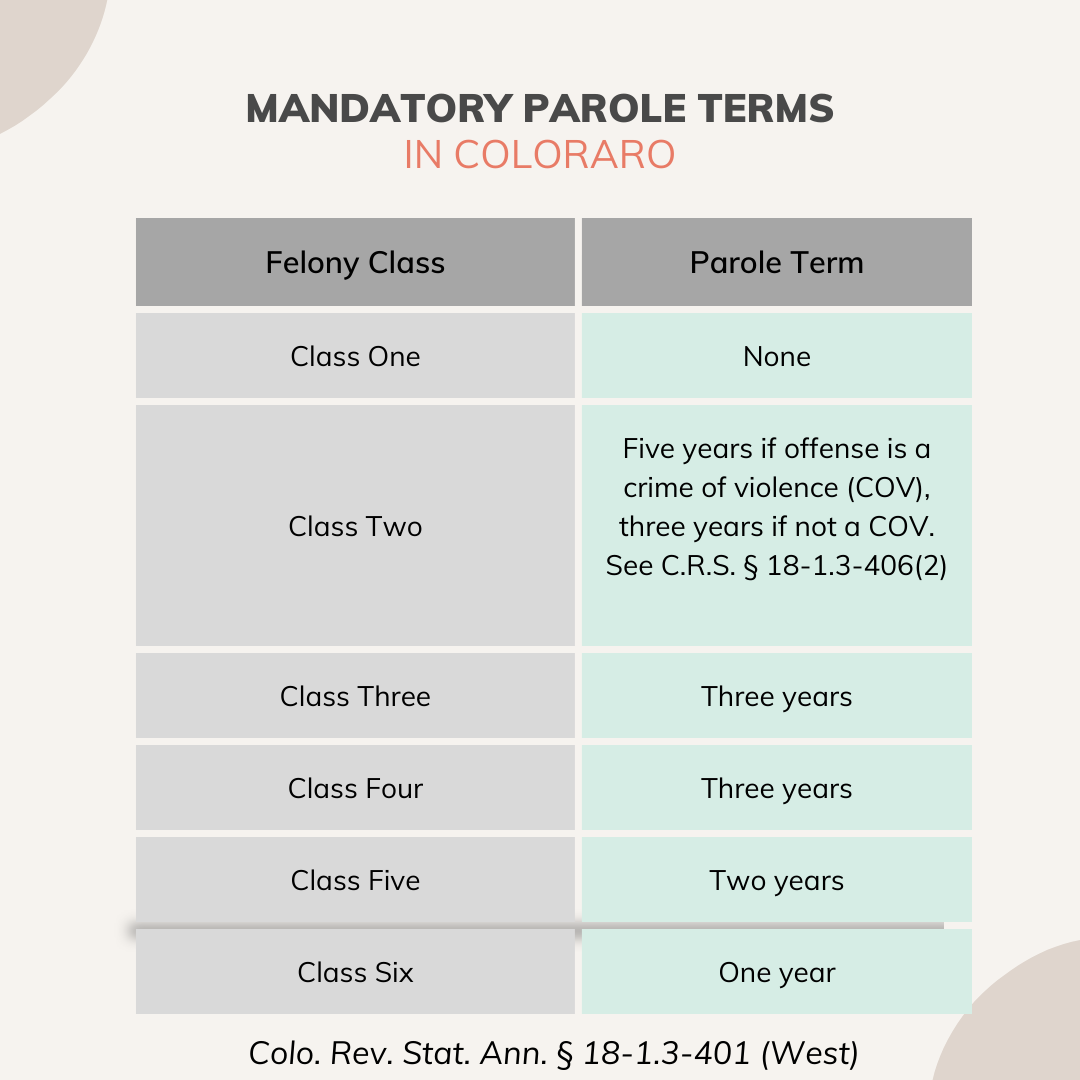Book Recommendation: Correction: Parole, Prison, and the Possibility of Change by Ben Austen
Many people are surprised to learn that they are subject to a mandatory parole term after serving a prison sentence. In Colorado, the length of parole depends on the level of the felony conviction.
This means that once released from prison, a person is subject to government oversight for an additional period. While on parole, a person must meet with their parole officer and follow all rules, which include mandatory employment, drug testing, and treatment. If a person fails to comply with parole or is convicted of a new criminal offense, they will be sent back to prison.
In Correction: Parole, Prison, and the Possibility of Change, Ben Austen starts by looking at the history of parole, a practice that the United States began employing in 1870. The original idea was that if prison was meant to be rehabilitative, then the release date of the prisoner should be flexible—once they are reformed, they should be released into the community. Austen writes that parole originally allowed the prison system to “continually evaluate people in prison, to encourage their pro-social behavior.” If they were deemed to be rehabilitated, they were released from prison.
By the 1970s, parole boards became less about letting people out of prison once they were reformed and instead became another tool in the war on crime thanks to the fear of rising crime rates. States began to abolish parole as a means to keep people in prison for longer.
While parole was created as a way to look beyond the behavior that landed a person in prison and instead was focused on the behavior and rehabilitation of the incarcerated community member, Austen sites to a 2017 study that found that modern parole boards are focused on “the crime the person committed, not their time in prison, not their rehabilitation or likelihood to re-offend.”
Austen utilizes the story of two incarcerated men to humanize the issue of indeterminate prison sentences and the often-futile attempt to gain release from the parole board in cases involving violence. He writes about the power of the victim rights movement and the fact that a victim’s forgiveness (or lack of forgiveness) often makes or breaks a person’s application for parole.
While this book was dense, I learned a lot about the history of parole in the US. As attorneys, we must attempt to negotiate plea deals that expose our clients to as little time on parole as possible. We must also talk to them about how to best build a case for being granted parole at their first parole board hearing.
While incarcerated community members in Colorado do not have a right to an attorney during the parole process, I am always happy to consult with folks about how to present their accomplishments best when appearing before the parole board in Colorado.

